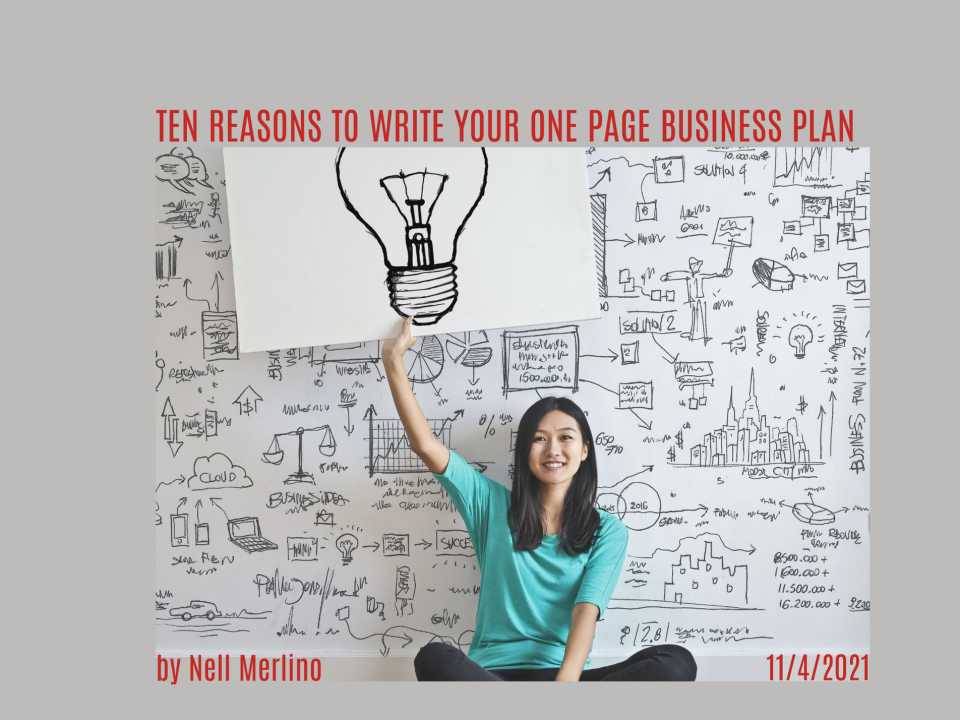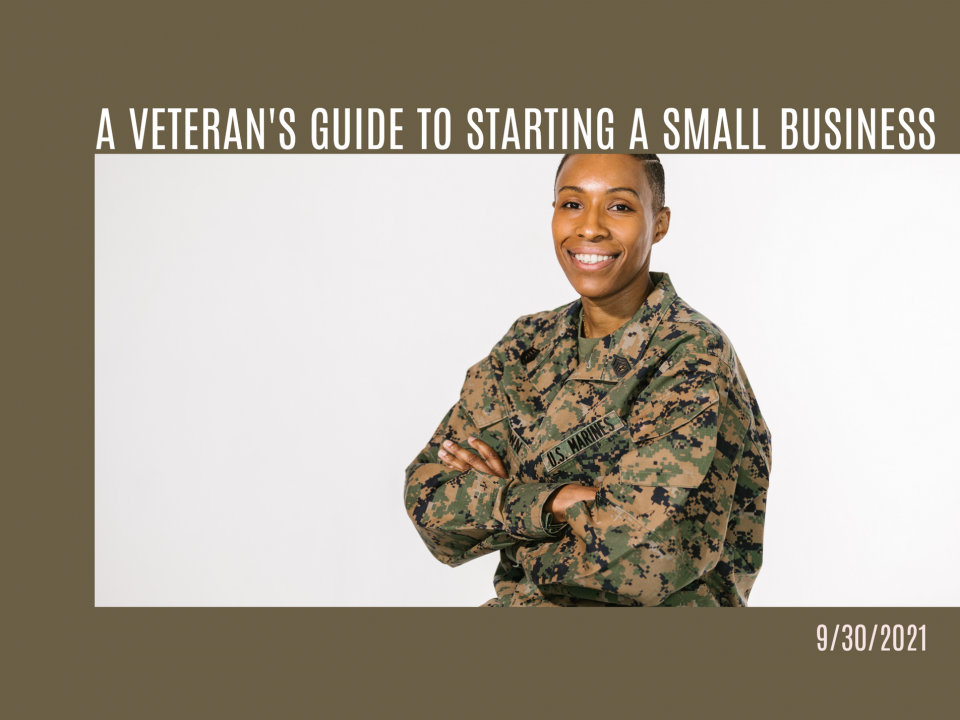How do we deal with imposter syndrome?

Follow 5 Women CEO’s to be a Better Leader.
March 21, 2021
Never Again Give an Elevator SPEECH
April 1, 2021Imposter syndrome always creeps up on us. We’re in a new situation, meeting people for the first time. Someone asks, “what do you do?”
Gulp. One part of us speaks up, but the little child part of us whispers, “what if they find out I don’t really know what I’m doing?”
Depending on your age, experience and level of comfort with yourself, that may or may not happen. But it does happen to more people than you can imagine!
It has a few other labels: fraud syndrome, charlatan, hoaxer. Google the term and this is what pops up:
Impostor syndrome (also known as impostor phenomenon, impostorism, fraud syndrome or the impostor experience): a psychological pattern in which an individual doubts their skills, talents or accomplishments and has a persistent internalized fear of being exposed as a “fraud”.
Every client I have ever worked with has dealt with some degree of imposter syndrome at some point in her/his life. I have come to believe it is endemic to human nature.
Part of why we are reluctant to let ourselves be vulnerable with people we don’t feel absolutely secure with. Let’s talk about why it happens. Then I’ll share some fool proof ways to break the fear of it and the ever lurking shadow of it.
I’ve been coaching people in some form or fashion since 1973. I’ve spent years studying human behavior.
Up until late 1970, I had a rather unconscious, impulsive nature that led me to do whatever seemed compelling in the moment. Although I don’t regret that period of my life, I have no desire to go back. What could have been a disaster was a catalyst that lead me down a completely new path; I got pregnant at 23 and had to figure out a life for me and my child. Without a husband.
I moved to Mexico City in September 1971 to attend a program to become a Montessori teacher. I started seeing how the child part of us reacts to the early years of life in ways that stay imprinted throughout our lives.
While studying Montessori and raising my baby, I gained the beginnings of a skill set that could be applied throughout my life. But I also became acutely aware of how much I didn’t know. And how scared I was that people would find out.
I spent many years seesawing between feelings of confidence in one moment and being scared of exposing my ignorance the next.
Yes, I had the confidence to become a teacher, raise my child, create new relationships. But a shadow of self-doubt was ever present.
I’ve worked therapists, coaches, and studied various types of metaphysical teachings for many years. I’ve learned that the doubt started when I was too young to understand what I was being taught to believe.
When my parents punished me for saying “the wrong thing,” they taught me not to trust my intuition. I was told not to be emotional, so I learned lying about my feelings was the only way to survive. And when they made poor decisions, I didn’t have the ability to reason out what could have been done differently.
I say this not from a self-pity place, but to remind you that every person has those experiences in early childhood. The journey of adulthood has a great deal to do with getting over childhood. Because it happens to all of us, I also don’t consider it a detriment. It is required to experience a fulfilling life as a human adult.
In 1995, I learned a process of trance work, where I would follow a dream with a client and help them understand the message being expressed by it. I also learned to apply that same process to helping people feel their uncomfortable emotions. I take them back to early childhood and see what was going on when they had the feeling. Once in that feeling place, their adult persona (current self) can enter the picture and talk to that little child. Reassure her, help her see that there is another way, even escort her out of the difficult moment into the light. I’m very much simplifying this process. I can’t do the whole process for myself, but I have people that can help me with my own buried issues.
Trance work identifies the source of that imposter syndrome, bringing it into light and clear the air for us to move forward. When we remove the reason we doubt ourselves, we find we feel lighter, more at ease and more confident.
This is a form of reparenting ourselves; we become the advocate for that little child inside us who is afraid she is wrong, won’t be accepted, doesn’t really belong. We welcome her intuition, we embrace her emotions, we listen to her and we tell her she is safe. Grown up Margery is here for little Margie, who was so afraid she didn’t belong anywhere. She belongs with me. And I’ve got her.
And I encourage you to get some help— through a coach, therapist, hypnotist, whoever can walk you through some moments of fear (you can feel them in your body) and engage your little inner child with your grown up self to create a supportive relationship between you. It is well worth the time and money to gain a sense of inner peace.
One way to get out of a moment of imposter syndrome is to stop, breathe, and think of things you feel confident about. Ask yourself if you can appreciate who you are and what it took to accomplish those things. Then, close your eyes and let yourself feel the terror. Try to go back to when you felt that same feeling as a child.
Remind yourself of the situation you’re in, what is going on around that child in that moment. Then talk to her as your adult self- help her see beyond the moment. Take her hand and lead her out of the situation, as I described above. This is the first step in your self-help journey.
Once centered, notice how much of that self-doubt comes from comparing yourself to those around you. Are you making up stories about how they have it together and you don’t? That they are successful and you aren’t? That they are further on their path than you?
Instead of comparing, keep your focus on being true to yourself, listening to your inner voice, and doing what you want to do. Comparing and competing create fertile ground for self-doubt and imposter syndrome. Stay focused and live your life from the inside out, based on your values, and gives yourself an open channel for growth.
Interested in joining a strong support system? Consider joining the Count Me In Revival Subscription Community.
Notice: Trying to access array offset on value of type null in /home/countmeinrevival/public_html/wp-content/themes/betheme/includes/content-single.php on line 286



